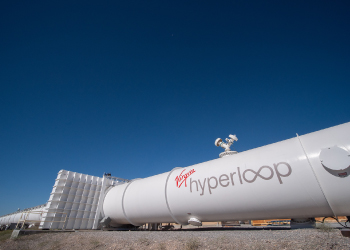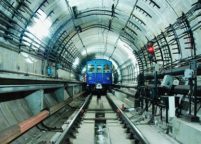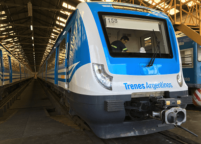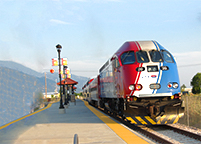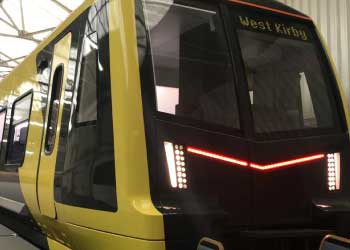RADWIN powers broadband connectivity on the move
With the ongoing digitalization of trains, there are more and more on-board systems that collect increased amounts of data while the train is in motion, such as operational sensors, CCTV (for public safety) and Passenger Information Systems (PIS).
In addition, there is an increased demand to provide consistent connectivity along the route, both for operational purposes (CBTC, CCTV, sensors, alerts, etc.) and to improve the passenger experience, mainly through Wi-Fi services but also the transmission of media (similar to board advertisements)
These types of services are required for all forms of public transportation, whether it be metro, tram, light rail, commuter rail or similar.
RADWIN offers a variety of solutions that can support the needs of the train vendors and those of the train operators, either while on-the-move or in the station or depot.
Transportation Solutions

Train to track
RADWIN’s FiberinMotion® is transforming the rail & metro industry by delivering ongoing broadband connectivity for trains on the move.
Some of the largest transportation authorities in the world have selected RADWIN to deliver high capacity of up to 750Mbps to provide enhanced passenger connectivity, security and improved operational efficiency.

Wireless inter-carriage link
RADWIN TerraBridge provides continuous high-speed connectivity between train carriages to warrant end-to-end gigabit networks across any train.
The solution not only allows for 5G speed connectivity, but also provide operators with higher flexibility regarding the train composition, requires minimal setup and configuration, and reduces maintenance.

Data offload at stations/depots
Allowing optimal data flow between train’s systems and the stations/depot is required to efficiently conduct preventive maintenance, increase public safety and real-time passenger information.
TerraBridge enables automatic, high capacity connectivity to the train as soon as it arrives to the station or terminates its journey at the depot, providing ultra-high throughput of over 1.5Gbps for data offload.
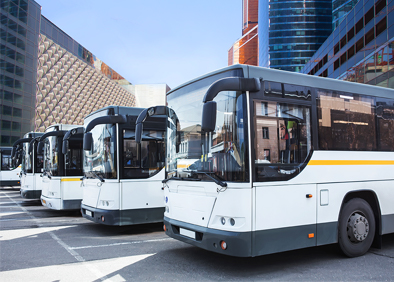
Ultra-high speed wireless connectivity solutions for buses
Data recorded on buses accumulates over a single day, requiring high capacity and fast offload – either when a bus arrives at a bus station or parks in a terminal.
Utilizing an ultra-high-capacity offload system Terrabridge can shorten the time smart buses need to keep their engines running, as well as reduce unnecessary emissions throughout the offload process.
Powered by RADWIN
Solutions uniquely designed for railway applications
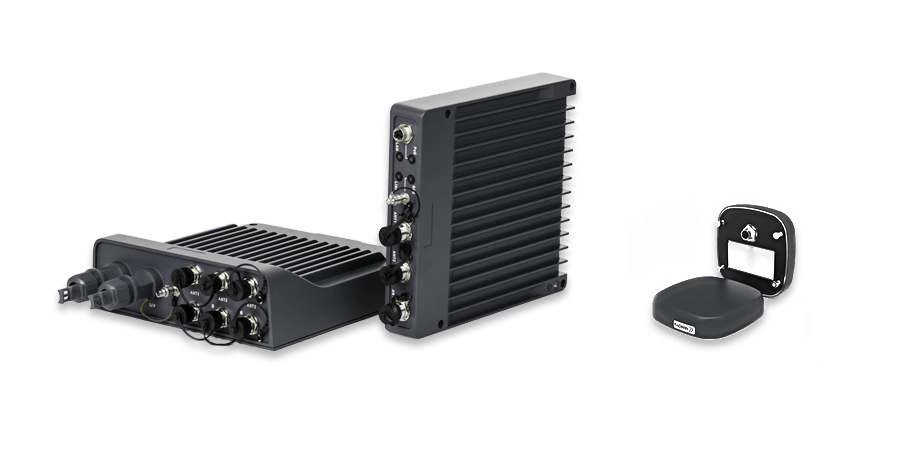
FiberinMotion®
Train-to-ground connectivity
High-capacity broadband, 750Mbps per train
Supports train speeds of 220mph / 350km/h
Learn More >
TerraBridge
Inter-carriage link and offload solution
5G speeds based on the 60GHz millimeter-wave
Over 1.5Gps throughput
Learn More >
RADWIN advantages for train connectivity:
Deployed worldwide, making RADWIN’s market-proven broadband trackside offering a leading solution in the transportation industry!

Deployed worldwide, making RADWIN’s market-proven broadband trackside offering a leading solution in the transportation industry!

Highest throughput for train-to-ground and offload applications

Multiple technologies supporting all the train operator’s needs

Dedicated team with end-to-end support
